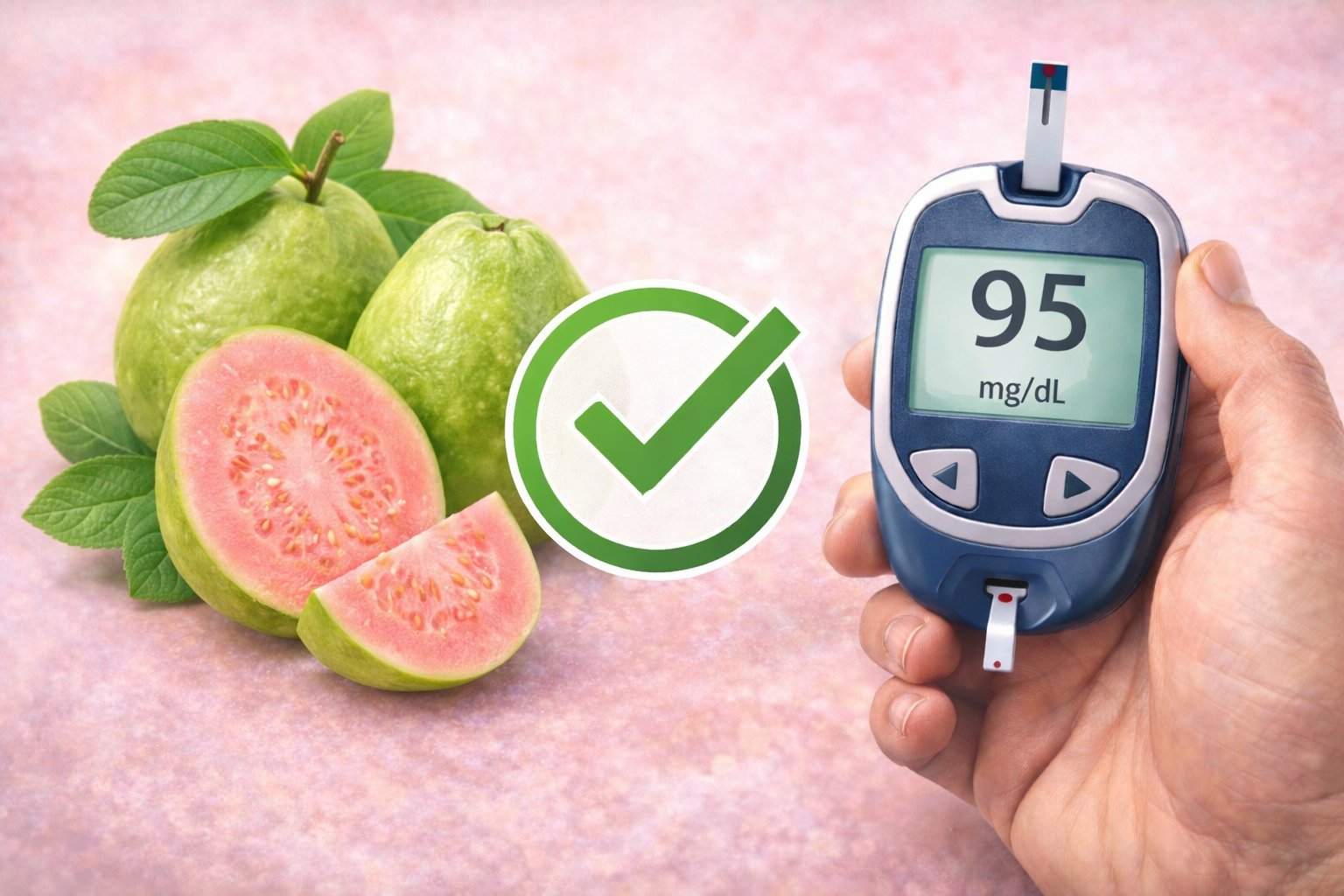Type 1 Diabetes Mellitus (T1DM) is a chronic autoimmune condition that affects millions of people worldwide. It occurs when the body’s immune system attacks and destroys insulin-producing cells in the pancreas, resulting in little to no insulin production. Since insulin is the key hormone responsible for regulating blood sugar (glucose) levels, individuals with Type 1 Diabetes must rely on daily insulin therapy to survive.
Unlike Type 2 Diabetes, which is often linked to lifestyle and diet, Type 1 Diabetes is not caused by poor health habits and cannot be prevented. It can appear at any age but is most commonly diagnosed in children, teens, and young adults—hence its former name, juvenile diabetes.
What Causes Type 1 Diabetes Mellitus?
The exact cause of Type 1 Diabetes is still not fully understood, but research suggests a combination of genetic and environmental factors. Here’s what science has uncovered:
- Autoimmune response: The immune system mistakenly attacks the beta cells in the pancreas.
- Genetic predisposition: Certain genes, such as HLA-DR3 and HLA-DR4, are associated with a higher risk.
- Environmental triggers: Viral infections like enteroviruses may trigger the onset in genetically susceptible individuals.
- Family history: Having a parent or sibling with Type 1 Diabetes increases the risk slightly.
It’s important to note that Type 1 Diabetes is not caused by eating sugar or leading an unhealthy lifestyle.
Recognizing the Symptoms of Type 1 Diabetes
Symptoms can develop suddenly and escalate quickly. Recognizing early warning signs can lead to faster diagnosis and treatment. The most common symptoms include:
- Excessive thirst (polydipsia)
- Frequent urination (polyuria)
- Unexplained weight loss
- Increased hunger (polyphagia)
- Fatigue or weakness
- Blurred vision
- Irritability or mood changes
- Fruity-smelling breath (a sign of diabetic ketoacidosis)
If left untreated, Type 1 Diabetes can lead to diabetic ketoacidosis (DKA), a life-threatening condition that requires emergency care.
How Is Type 1 Diabetes Diagnosed?
Diagnosis typically involves a combination of tests, including:
- Fasting blood glucose test
- HbA1c test (average blood sugar levels over the past 2–3 months)
- Random blood sugar test
- Autoantibody testing to confirm autoimmune involvement
- C-peptide test to measure insulin production
Treatment and Management of Type 1 Diabetes
Since the body can no longer produce insulin, managing Type 1 Diabetes requires lifelong insulin therapy and close monitoring of blood glucose levels.
1. Insulin Therapy
- Multiple Daily Injections (MDI): Using a combination of long-acting and short-acting insulin.
- Insulin Pump: A wearable device that delivers insulin throughout the day.
- Smart Insulin Pens: Track doses and connect to mobile apps for data management.
2. Blood Sugar Monitoring
- Finger-prick blood tests several times a day.
- Continuous Glucose Monitors (CGMs): Provide real-time glucose data and alerts.
3. Diet and Nutrition
- Following a balanced diet that includes carbohydrate counting to manage blood sugar spikes.
- Regular meals and snacks with proper timing help stabilize glucose levels.
4. Physical Activity
- Exercise helps improve insulin sensitivity and overall health, but blood sugar must be monitored closely before and after activity.
5. Mental and Emotional Support
Living with Type 1 Diabetes can be challenging, especially for young patients. Access to diabetes educators, counselors, and support groups is essential for mental well-being.
Living a Full Life with Type 1 Diabetes
With the right treatment plan and support system, individuals with Type 1 Diabetes can live long, healthy, and active lives. Many athletes, celebrities, and professionals successfully manage their condition and inspire others to do the same.
Technological advances such as artificial pancreas systems, CGMs, and mobile diabetes management apps continue to revolutionize care and make diabetes management easier and more precise.
Final Thoughts
Type 1 Diabetes Mellitus is a serious but manageable condition. Early diagnosis, education, and ongoing care are the keys to living well. If you notice any symptoms in yourself or a loved one, don’t wait—seek medical advice right away.
By spreading awareness and supporting continued research, we can improve outcomes and move closer to a future with better treatments—and hopefully, a cure.





THANKS FOR YOUR VALUABLE INFORMATION
Valuable comment…thank you
Very informative article
Thanks